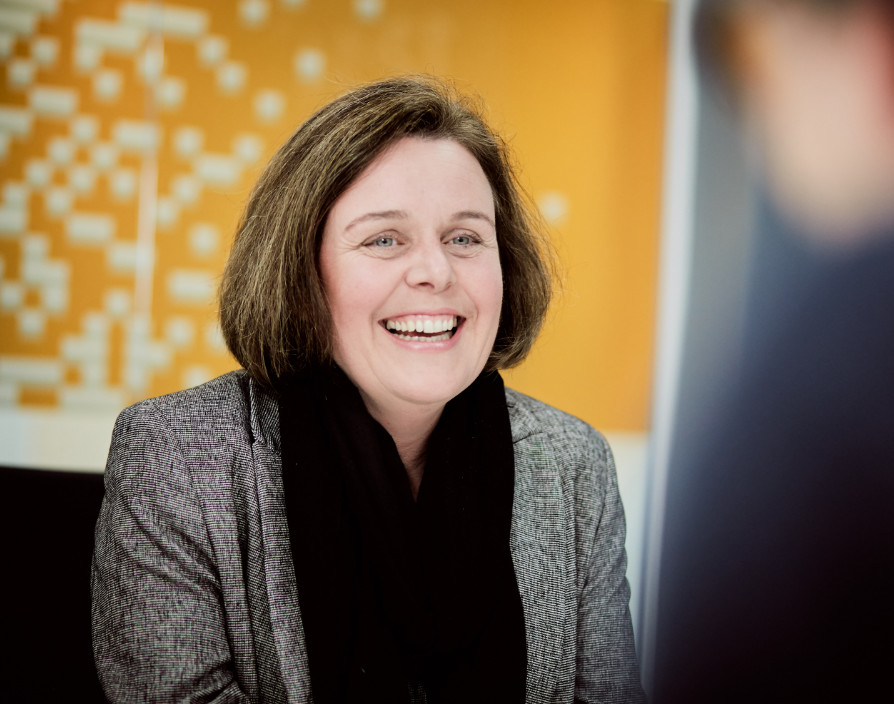Michelle Wall, finance director and champion
for diversity and equality at Companies House, explains the importance of
challenging unconscious biases to better support the LGBT+ community in workplace.
Six per cent of the UK population identifies as either LGBT+ or not heterosexual
[i]. In an equal world, you’d expect there to be six openly gay CEOs in the FTSE 100. There isn’t. There’s just one[ii].
Moving away from C-suite executives the picture is, upsettingly, no different. Fearing discrimination, over a third of LGBT+ staff hide or disguise their sexuality at work [iii]. Moreover, a shocking one in eight trans people have been physically attacked by customers or colleagues simply for being themselves[iv].
While these statistics are bad, the stories that sit behind these numbers are worse. For example, my colleague, a talented graphic and digital designer called Gareth, initially told me he spent a large part of his working life hiding his sexuality because it was just “wasn’t the done thing”. For Gareth prejudice was commonplace, the word faggot was thrown around as often as the word football.
This is unacceptable and utterly shameful.
Despite this, we have to recognise that progress has been made. Homosexuality was illegal within living memory and now diversity and inclusion is a boardroom issue, with two thirds of LGBT+ staff agreeing that their workplace has equalities policies that protect lesbian, gay and bi people at work
[v]. This number, however, could and should be a lot higher.
Tackling
unconscious bias
This begs the question, where can employers who have championed diversity and inclusively go next? The answer lies in tacking deep-rooted and innate ways of thinking.
Unconscious bias comes from the fact we are all human, it affects us all day in terms of how people treat us and how we treat them. Only new ways of thinking can help to displace the norms that we grew up with and the ways of thinking that were once accepted. The first step to tackling this is to accept that we all suffer from it.
As an organisation committed to supporting equality and diversity both within Companies House and in the wider business community, we’ve worked hard to ensure unconscious bias is addressed. None of it is about hard and fast policies, it’s about creating a culture and way of thinking.
For example, it has been proven that we hire people in our own image, so a simple win can be to ensure recruitment panels are representative. It can include little things like having a network of LGBT+ allies. These are people who have had training to understand unconscious bias and wear something small to show they can be approached to discuss an issue. In our case, they have rainbow lanyards. Ironically, having these visual cues on show does more to create a welcoming workplace than many other measures.
While there remain some areas of British business that are woefully behind – there are no openly gay top-level footballers for example – for many organisations that have already done a lot of work on diversity and inclusion, it’s a matter of always being vigilant.
Advice
There are three things I believe to be essential in achieving this. Firstly, businesses need visible leadership on diversity and unconscious bias needs to be explicitly addressed, not alluded to. Secondly, culturally, we need to ensure people can be open, honest and supported. Thirdly, we need to constantly challenge ourselves to improve. We all grew up in different environment and as a result our ingrained views and experiences have shaped who we are today. If we simply reprimand someone for these views, we could actually reinforce stereotypical viewpoints instead of encouraging positive challenge.
As the workforce diversifies, it is our role as leaders to encourage our people to be more diverse in their thinking. Someone can’t do this unless they are educated on how actions, words or inactions are not inclusive, which is why we’re all committed to learning.
No one deserves to have to hide their real selves at work or worry about what might happen today because of who they are. Diverse and inclusive organisations are better for understanding this. Perhaps in years to come I’ll be able to write another LGBT+ History Month article that opens with a celebration of the number of openly gay CEOs in the FTSE. I look forward to that day.
[i] https://www.ons.gov.uk/peoplepopulationandcommunity/culturalidentity/sexuality/bulletins/sexualidentityuk/2017
Share via:








































